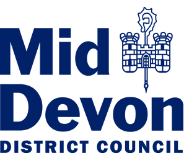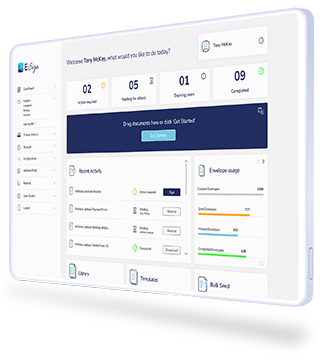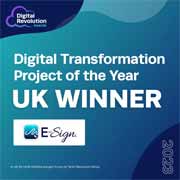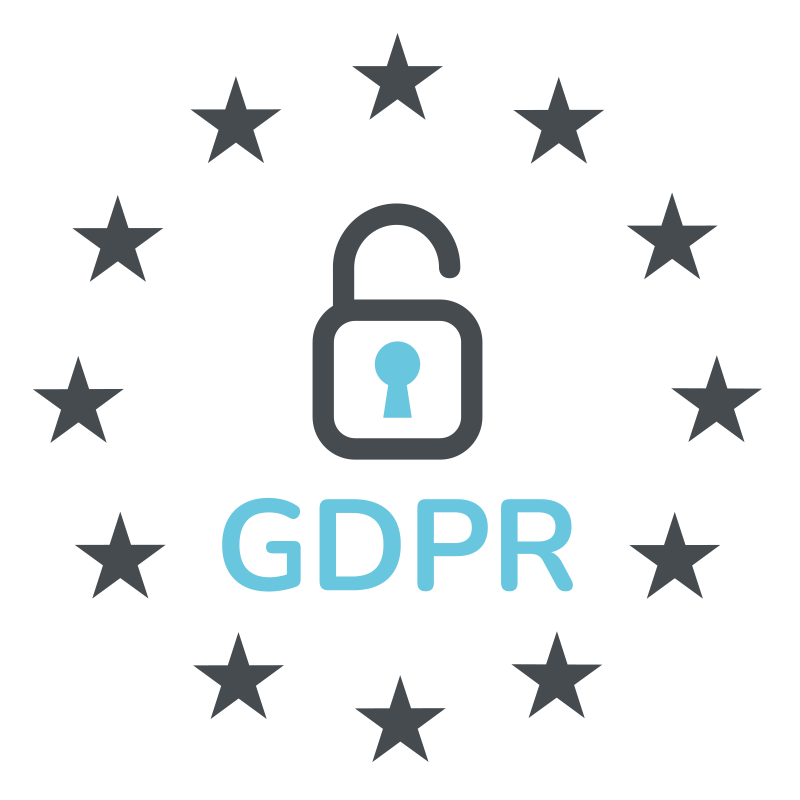The Legality of eSignatures in Canada
Explore the legality of electronic signatures in Canada and the laws and regulations that govern their use.
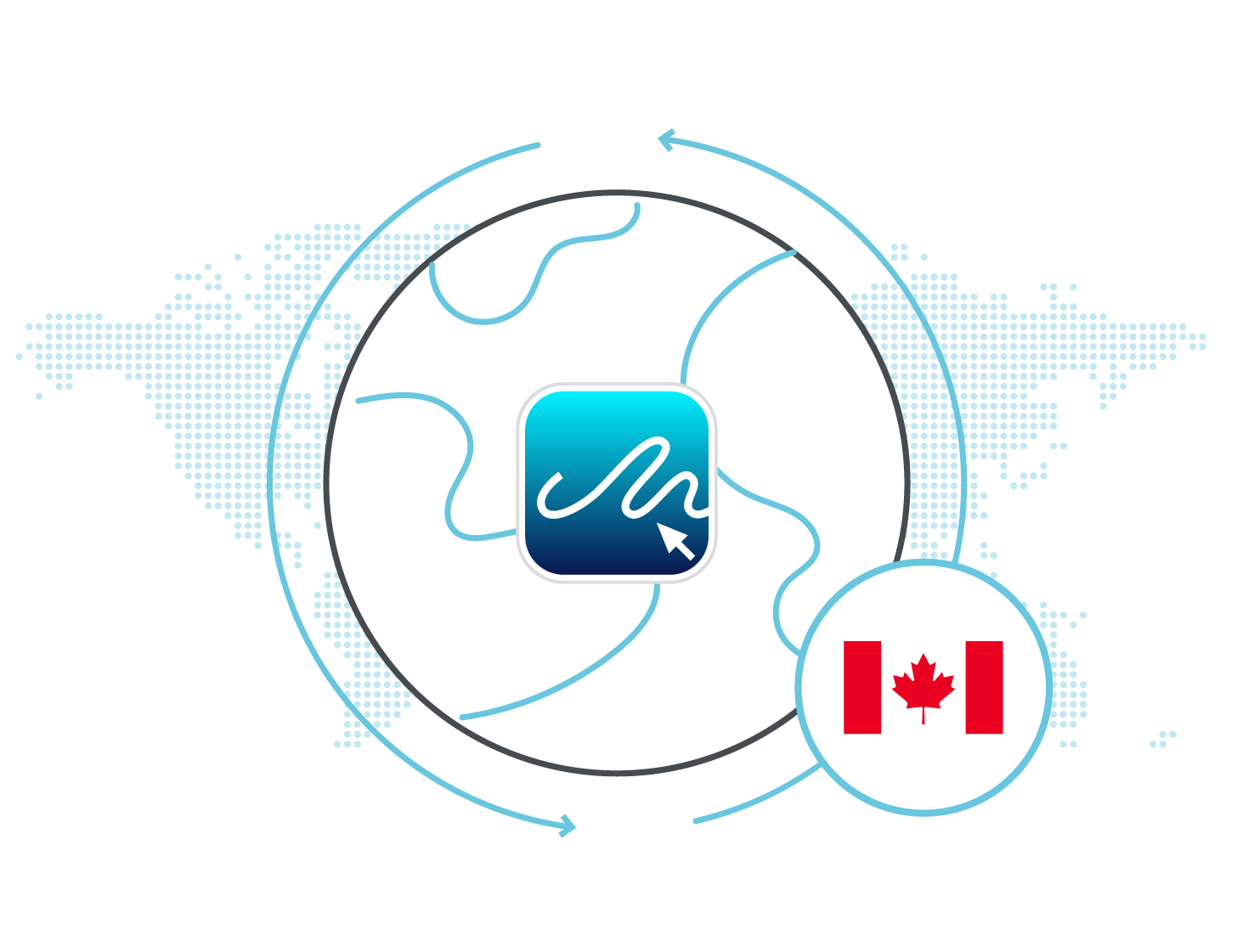
Trusted By
Are eSignatures Legally Binding in Canada?
Documents that can be electronically signed
In Alberta, British Columbia, Ontario, and Quebec, electronic signatures are allowed for the transaction types below.
- Consumer agreements
- HR documents
- Commercial agreements
- Corporate documents
- Certain intellectual property licences
Documents that may not be electronically signed
Electronic signatures are permitted on most document types, but PIPEDA requires the use of secure e-signatures in certain circumstances. For example, the application of a person’s seal, truth declaration statements, requirements for original documents, requirements for witnessed signatures, and statements made under oath. Additionally, PIPEDA establishes the protocol to follow for each type of document that is being signed.
In Alberta and Ontario, an e-signature can be legally accepted when used for a public body if it meets the public body’s technology standards if applicable, and the signature meets the requirements of the public body in terms of the method used to create it and its reliability.
Under PIPEDA, if an e-signature can be used on a document, the definition of an electronic signature is fairly broad and enables various methods to satisfy the requirements. As well as complying with the relevant legal requirements, e-signature best practices that support enforceability include:
- Authenticating the signer
- Receiving explicit consent from the signer
- Any tampering after the signature has been applied is clearly evident
- Creating an audit log that captures all signer actions
The level of authentication and consent required can vary based on the nature of the contract, the relationship between parties, and more factors.
Types of e-signature permitted in Canada
PIPEDA defines an e-signature as a “signature that consists of one or more letters, characters, numbers or other symbols in digital form incorporated in, attached to, or associated with an electronic document.” (PIPEDA, Part 2, Section 31(1)). It also has a definition for a “secure electronic signature” which, as mentioned above, is required in specific circumstances. A secure e-signature is a signature created using a technology or process suggested by regulation. The regulations set out consecutive operations that must be done in order for the signature to qualify.
Notable legality changes since 2020
None.
Publicly Accessible Links to Laws/Regulations Discussed
Disclaimer
The content provided on this website is meant for general informational use only and does not constitute legal advice. Legal regulations on this topic can evolve rapidly, so E-Sign does not ensure that the information presented here is always up-to-date or accurate. If you have particular legal concerns regarding any details on this site, it is recommended that you consult with a licensed attorney in your jurisdiction.
Last Updated 9th October 2024







